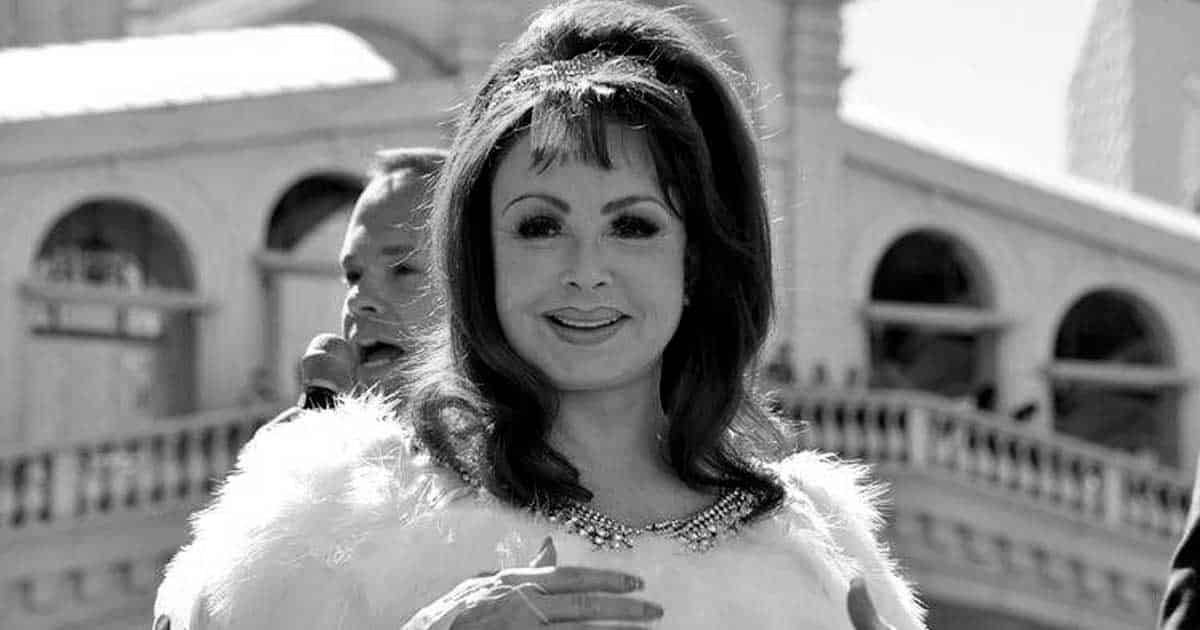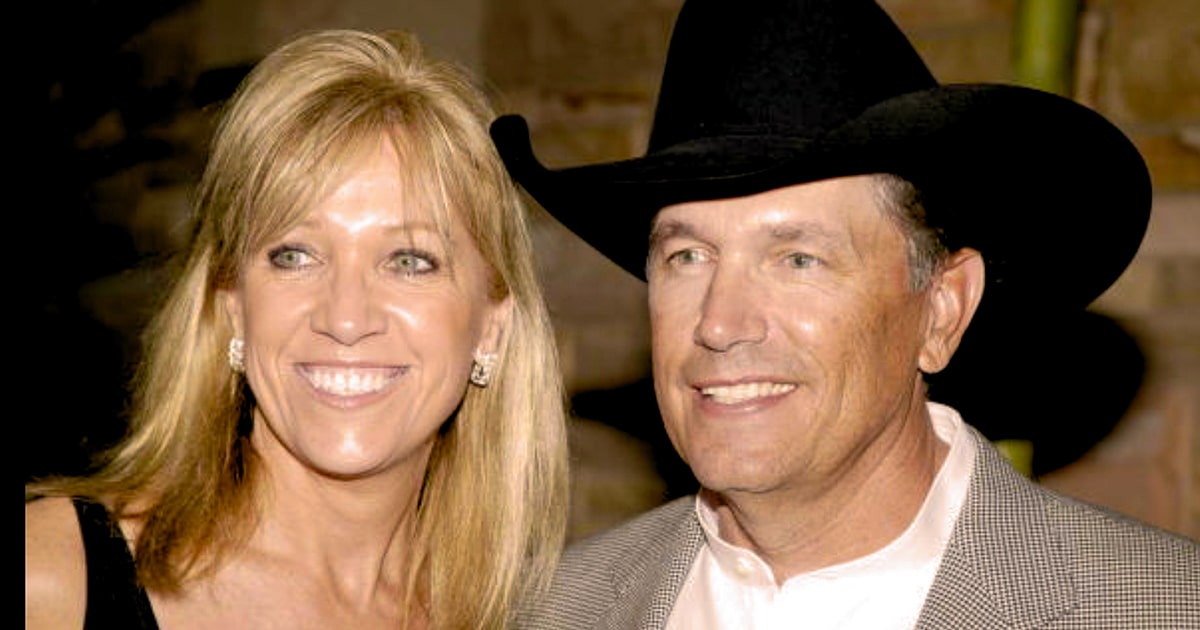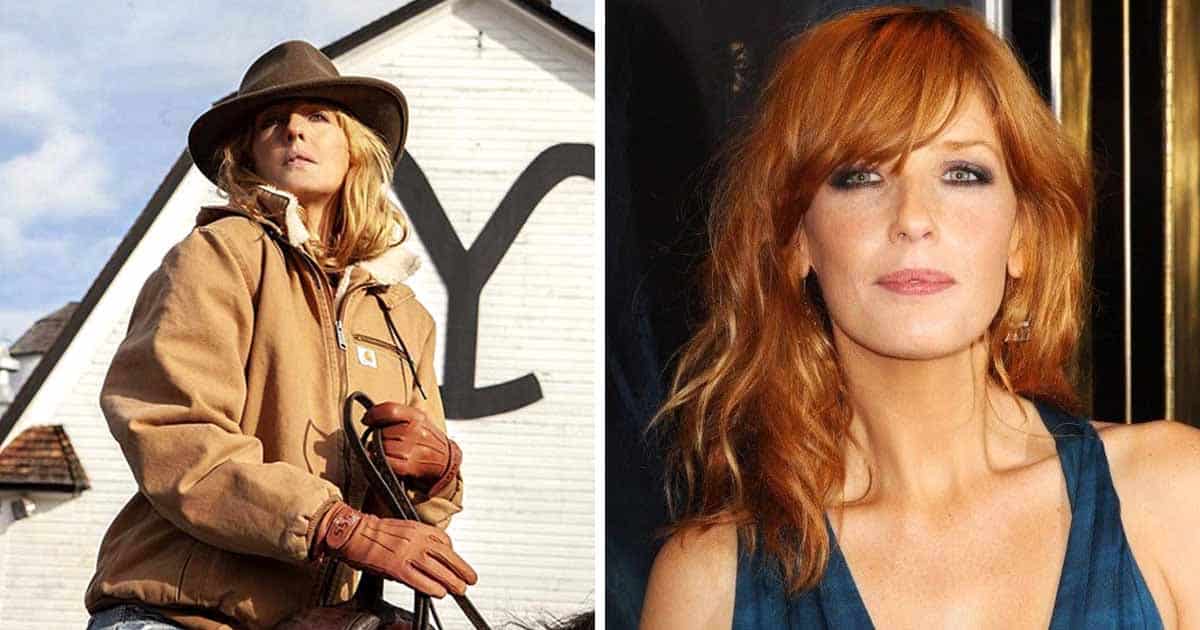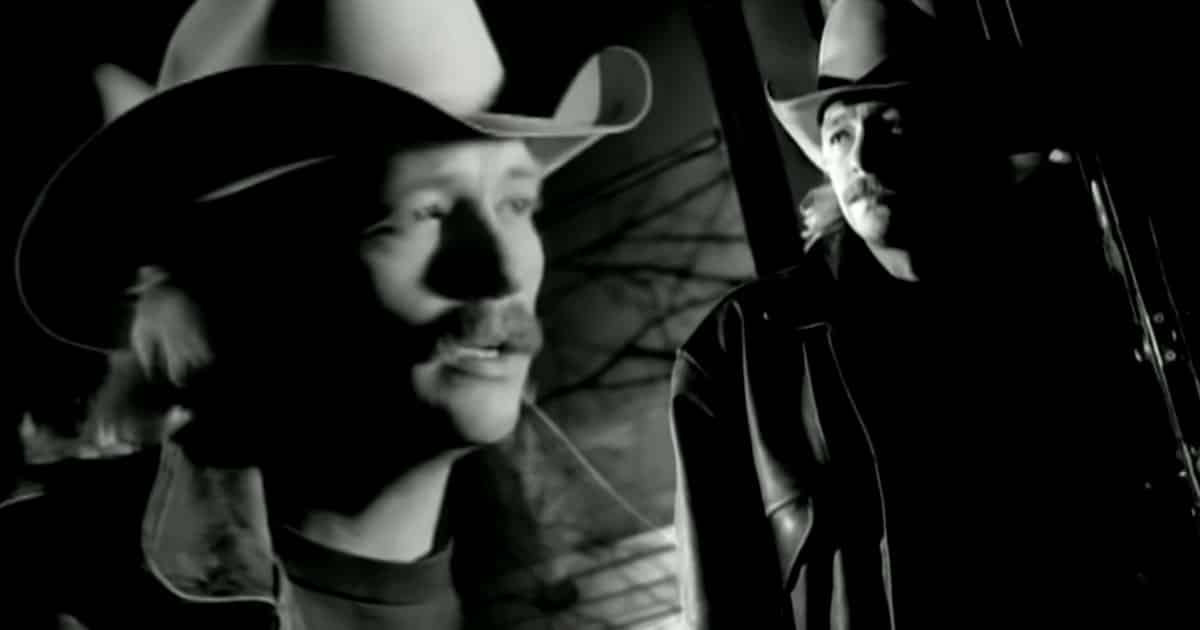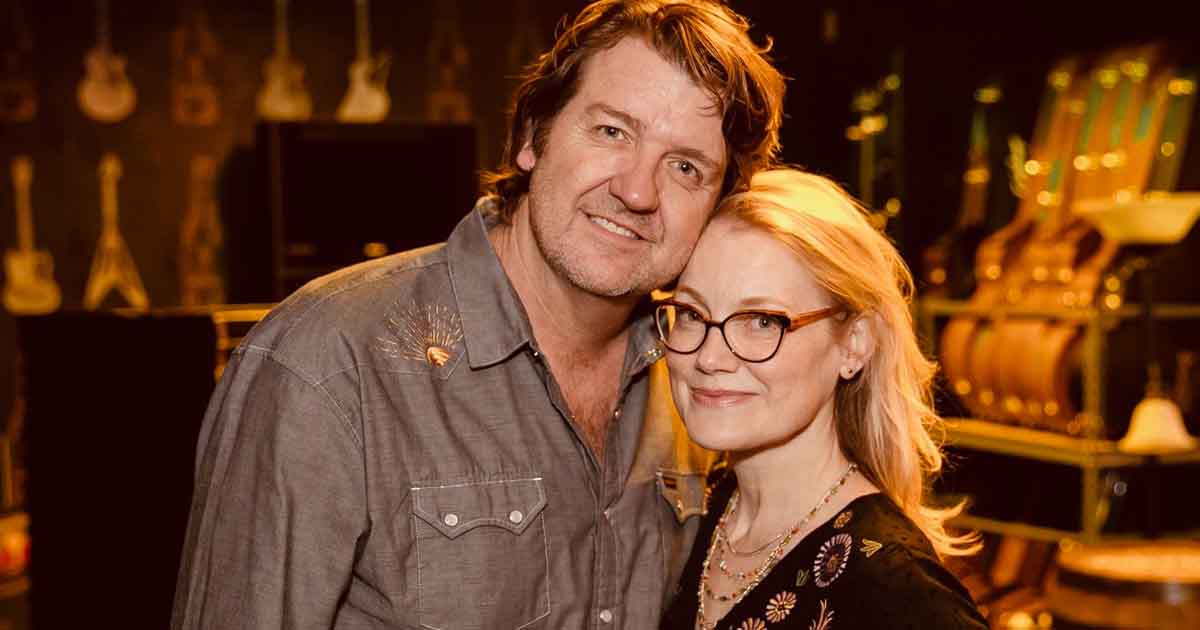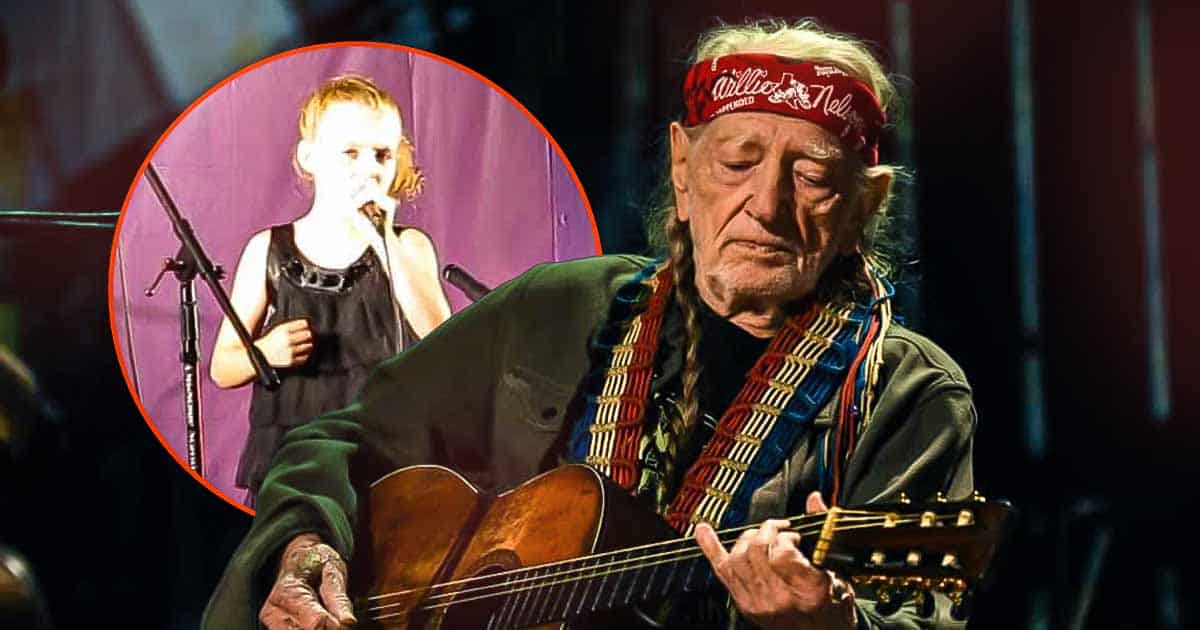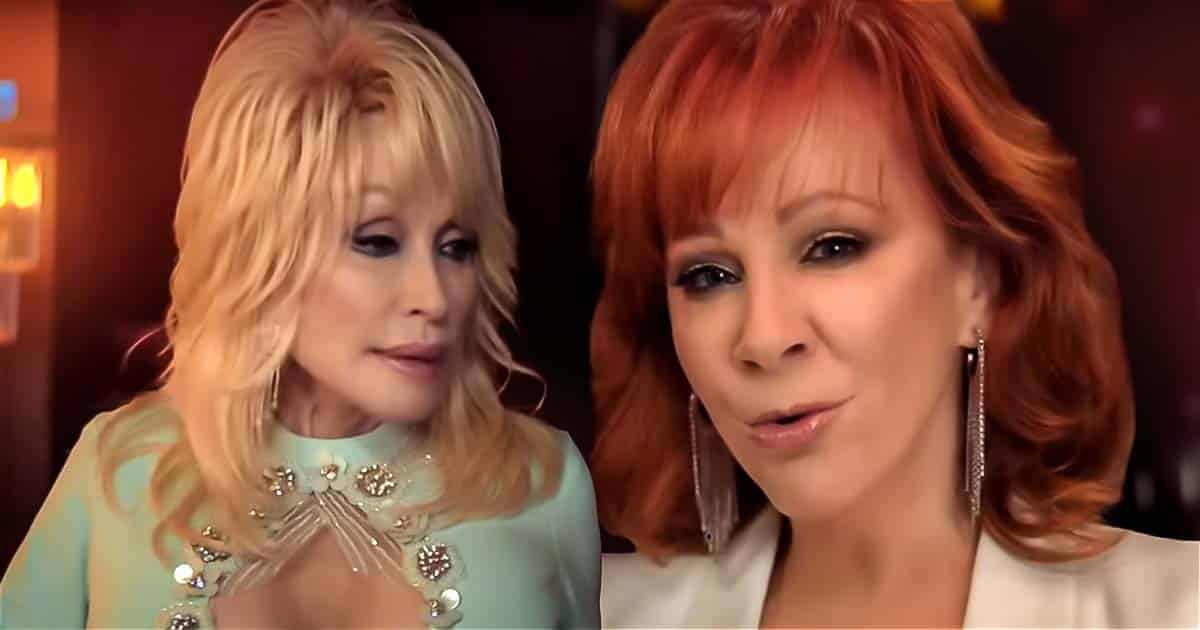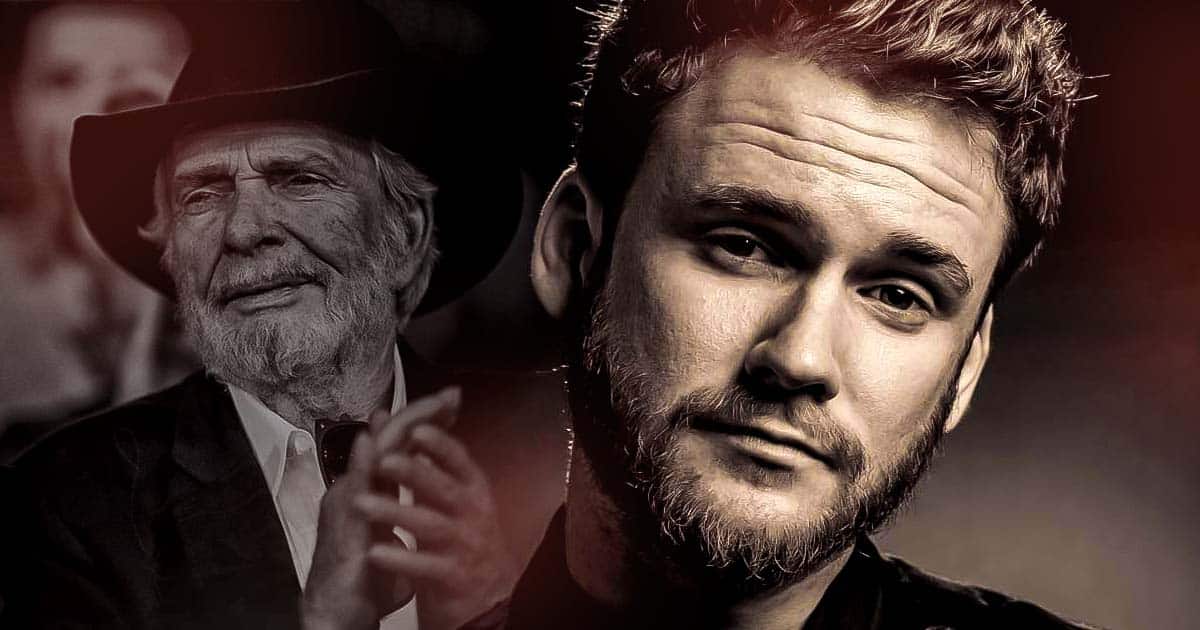Trigger Warning (TW): Mental Health (MH), Mental Illness (MI), and Mention of Suicide
If you or someone you know is affected by any of the issues raised in this story, call the National Suicide Prevention Lifeline at 800-273-TALK (8255) or text Crisis Text Line at 741741 or go to SpeakingOfSuicide.com/resources for additional resources.
Last April 30, Naomi Judd, one-half of the Grammy-winning duo The Judds, passed away at the age of 76. The news was announced through a statement provided by her daughters Wynonna and Ashley to the Associated Press. And The Judds official Instagram account also posted the statement which read: “Today we sisters experienced a tragedy. We lost our beautiful mother to the disease of mental illness. We are shattered. We are navigating profound grief and know that as we loved her, she was loved by her public. We are in unknown territory.”
The country music singer died near Nashville, Tennessee, and according to a statement on behalf of Naomi’s husband and fellow singer, Larry Strickland, no further details about her death would be released. Additionally, the family asks for privacy as they grieve.
But before her death, Naomi Judd has been bravely open about her struggles with her mental health. She wrote a book, shared her personal experience through a piece, and talked about it. It wasn’t easy, but she did. And she hoped that if she lived through it, she wanted someone to see and know that they can survive it as well.
Opening Up: Descent into Depression
Back in 2016, years after leaving the public eye, Naomi opened up about her life-long battle with depression and mental health illness. In an interview with ABC’s Robin Roberts, which was aired on Good Morning America, Naomi revealed how ‘completely debilitating and life-threatening’ her depression was. She also documented her struggles in her memoir, ‘River of Time: My Descent into Depression and How I Emerged with Hope.’
To most people, she was that successful country music star. People saw her in rhinestones with glitter in her hair, but when all of that was done, she would come home and not leave her house for three weeks. She wouldn’t even get out of her pajamas, and her hygiene practice was really bad.
And it was in 2011, during the conclusion of The Judds’ “Last Encore” tour, she found herself in a very dark frame of mind. It was like her life changed overnight. During that time that the suppressed memories of her childhood trauma (which stemmed from being molested by a family member as a child) reemerged. She felt paralyzed.
In an interview with TODAY in 2017, Naomi said that there was one point in her life when she didn’t get out of her couch for two years. In fact, whenever her husband, Larry Strickland, her girlfriends, and her daughter Ashley would come over, she would just go upstairs and lock her bedroom door.
Then it got worse to a point that she even contemplated suicide. It was so hard to describe for her, and it was like just a deep, dark hole that you don’t think there’s another minute. And it took a while for her to admit that she required professional help. By that time, she was already dangerously depressed.
Thankfully, her husband and Ashley were there for her. They called 911 to get her the help she needed, and she finally entered therapy.
Emerging with Hope: The Road to ‘Radical Acceptance’
Therapy wasn’t an overnight fix, and Naomi had to undergo several treatments to figure out which one would work with her as she had severe treatment resistance. It was painful, and there were times she thought she wouldn’t make it, but she fought through. And through time, she got better.
Everyday, she exercised. She would walk up to her daughter Ashley’s house and then holler at her from her front step. If Ashley were home, she would come out and give her mom a hug. Her relationship with her vocal duo and daughter Wynonna also improved. Naomi knew that Wynonna bore the brunt of all of her mistakes, and they talked about it. The two have also been through a lot of therapy together.
And one thing she learned about her experience was that, first, depression is a disease, and it has nothing to do with character. It’s a chemical imbalance as people like her don’t make enough of the good neurochemicals in the brain. Second, it’s about facing your challenges head-on and not pretending they don’t exist. If you keep squelching it down and suppressing it, it will start bursting out sideways unexpectedly.
In her book, Naomi shared an inspiring message. “I have told my story. Now you know, and you can tell yours. You’re not alone. I am still here.”

